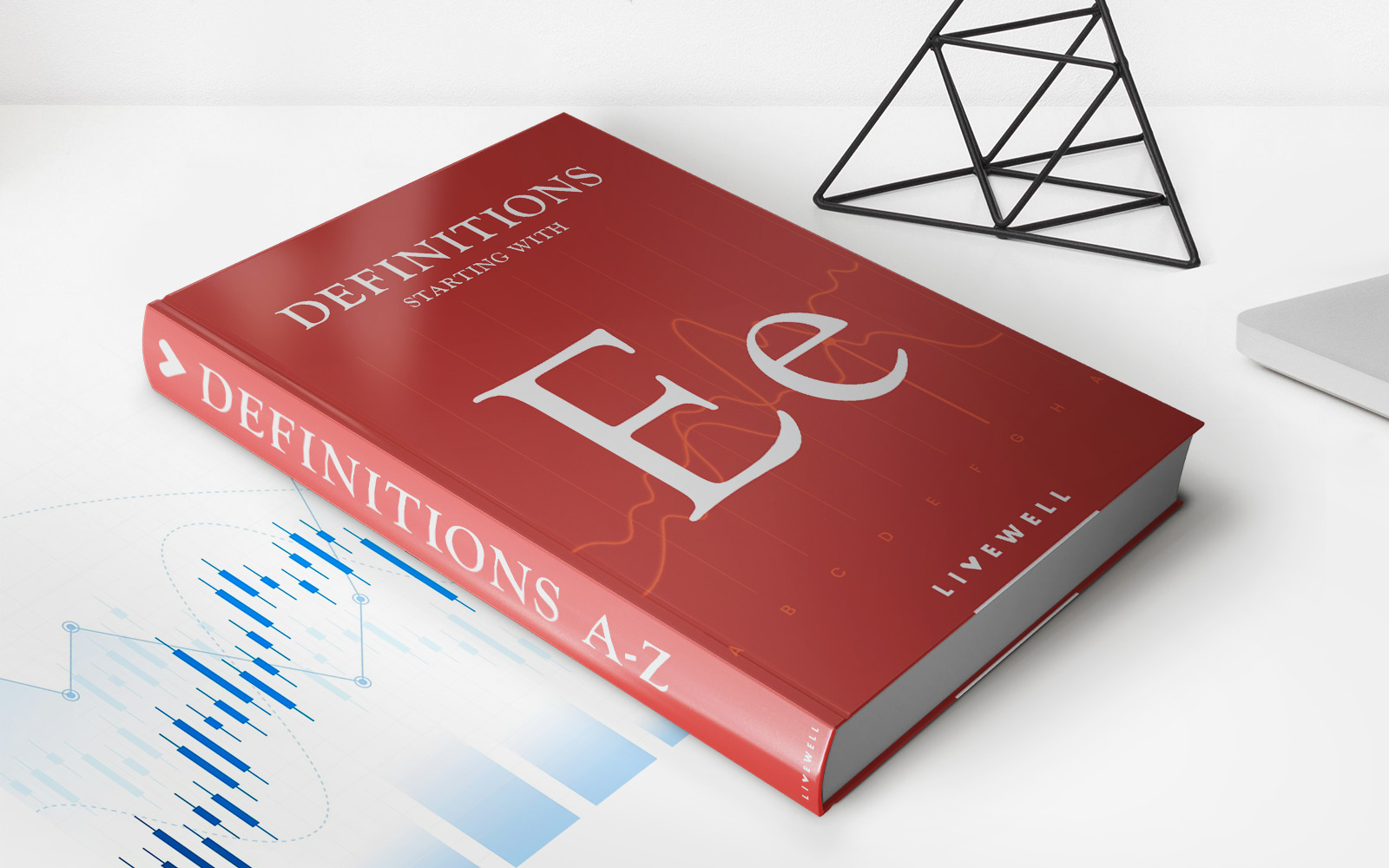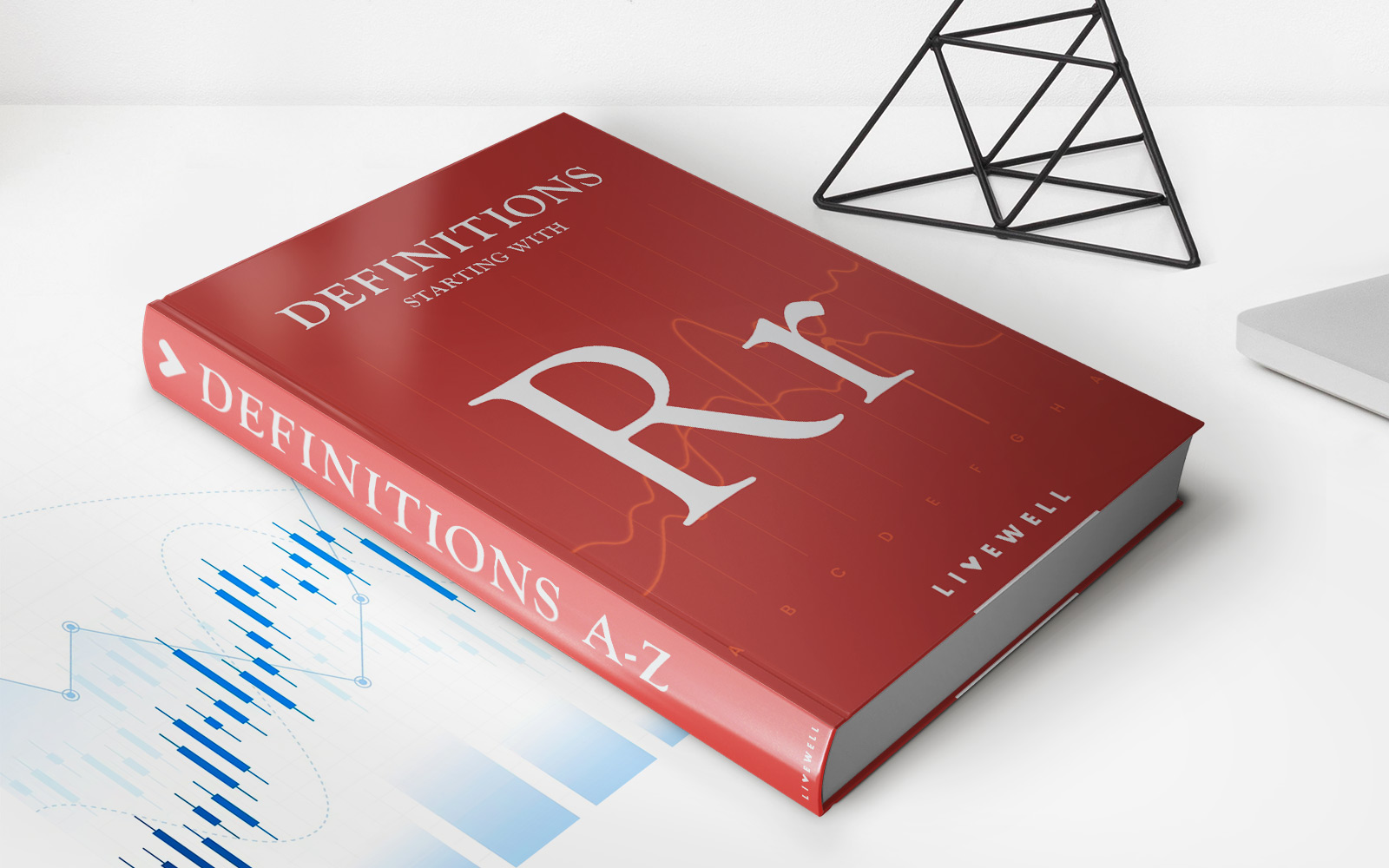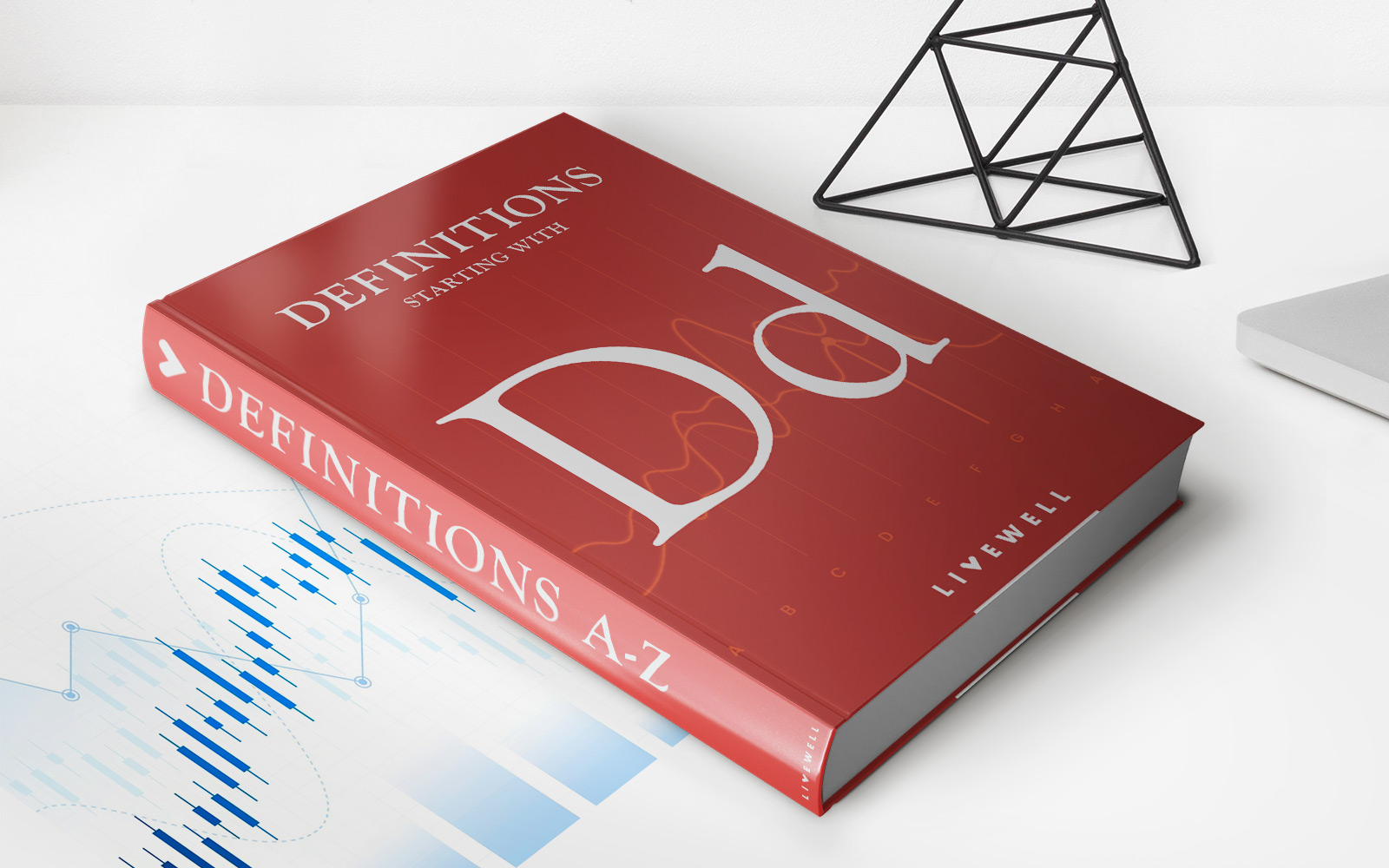Home>Finance>What Is One Benefit Of Privately Issued Student Loans?


Finance
What Is One Benefit Of Privately Issued Student Loans?
Published: January 20, 2024
Discover the benefits of privately issued student loans and how they can help finance your education. Explore finance options today!
(Many of the links in this article redirect to a specific reviewed product. Your purchase of these products through affiliate links helps to generate commission for LiveWell, at no extra cost. Learn more)
Table of Contents
Introduction
Private student loans have become a popular option for financing higher education expenses. Unlike federal student loans, which are issued by the government, private student loans are provided by banks, credit unions, and other financial institutions. While federal student loans offer a range of benefits and protections, private student loans also have their advantages, making them worth considering for certain individuals.
In this article, we will explore one of the key benefits of privately issued student loans. Understanding the advantages and disadvantages of private student loans can help prospective students make an informed decision about their borrowing options and achieve their educational goals.
When comparing private student loans to federal loans, it’s important to note that every borrower’s situation is unique, and what may be an advantage for one individual may not apply to another. Ultimately, prospective borrowers should carefully weigh the benefits and drawbacks of private student loans, considering their financial circumstances, goals, and preferences.
Now, let’s delve into one of the significant benefits that private student loans offer.
Lower Interest Rates
One of the primary benefits of privately issued student loans is the potential for lower interest rates compared to some federal loans. While federal student loans have fixed interest rates set by the government, private student loans often come with variable interest rates that can be lower than their federal counterparts.
Private lenders determine interest rates based on several factors, including the borrower’s creditworthiness, income, and education history. If you have a strong credit score and a stable financial profile, you may qualify for a private student loan with a lower interest rate than what the federal loan programs offer.
Lower interest rates can save you a significant amount of money over the life of the loan, reducing the total cost of borrowing. This can make a private student loan an attractive option, especially for borrowers who can secure a favorable interest rate.
It’s worth noting that private student loans with variable interest rates can fluctuate over time. While starting with a low interest rate may seem advantageous, it’s essential to consider the potential for rate increases in the future. Before taking out a private student loan, ensure that you understand the terms and conditions, including any potential interest rate adjustments.
Comparing interest rates from different lenders is crucial to find the best option for your circumstances. Utilize online comparison tools or speak to multiple lenders to ensure you secure the most favorable interest rate available.
Keep in mind that while lower interest rates can save you money, other factors such as repayment terms and loan benefits should also be considered when evaluating private student loan options. Striking a balance between interest rates and additional benefits can help you make an informed decision that aligns with your financial goals.
Flexibility in Repayment Terms
Unlike federal student loans, which typically offer standardized repayment plans, privately issued student loans often provide greater flexibility in repayment terms. This flexibility can be a significant advantage for borrowers who prefer more customized options to fit their financial situation and goals.
Private lenders typically offer a range of repayment plans, allowing borrowers to choose the option that works best for them. These plans may include standard repayment, extended repayment, graduated repayment, income-based repayment, and even deferment or forbearance options.
Standard repayment plans are similar to those offered by federal loans, with fixed monthly payments over a set period. Extended repayment plans may allow borrowers to stretch out their repayment term, resulting in more manageable monthly payments but potentially increasing the total cost of borrowing.
Graduated repayment plans start with lower monthly payments that gradually increase over time. This option can be useful for borrowers who anticipate higher income in the future but require more cash flow during the early stages of their careers.
Income-based repayment plans, which may not be available for all private loans, take into account the borrower’s income and adjust the monthly payments accordingly. This feature can be particularly beneficial for borrowers with unpredictable or lower incomes, as it ensures that the loan payments remain affordable.
In addition to these repayment options, private lenders may also offer deferment or forbearance options to temporarily suspend or reduce loan payments in certain circumstances, such as financial hardship or returning to school for further education.
This flexibility in repayment terms can provide borrowers with greater control over their monthly budget and ease the financial burden of student loan repayment. However, it’s crucial to carefully review the terms and conditions of each repayment plan, including any potential fees or penalties, to make an informed decision.
When considering a private student loan, take the time to explore the various repayment options offered by different lenders. By understanding the flexibility in repayment terms available to you, you can choose a loan that aligns with your financial needs and provides a manageable repayment plan.
No Need for Cosigners
Another significant benefit of privately issued student loans is that they often do not require a cosigner. Unlike federal student loans, which may require a cosigner for borrowers with limited credit history or income, private student loans provide an opportunity for students to secure financing on their own.
Not needing a cosigner can be advantageous for several reasons. First, it allows students to be solely responsible for their loan and build their credit history independently. Having a student loan in their name can help establish a positive credit profile, setting them up for future financial endeavors.
Additionally, not needing a cosigner eliminates the potential strain on relationships. Asking someone to cosign a loan is a significant commitment, as they are equally responsible for the debt. By securing a private student loan without a cosigner, students can avoid putting that burden on a parent, relative, or friend.
While not all students will qualify for a private student loan without a cosigner, those with a strong credit history and income may have a higher chance of approval. Lenders typically evaluate the borrower’s creditworthiness and ability to repay the loan based on their own financial circumstances.
It’s important to note that not needing a cosigner does not mean that students with limited credit or income can automatically secure a private student loan. Lenders still assess the borrower’s creditworthiness, and some may require a cosigner if they deem it necessary.
When considering private student loans, it’s essential for students to assess their financial situation and determine if they can qualify for a loan without a cosigner. Being able to borrow independently can provide a sense of responsibility and financial autonomy, but it’s crucial to ensure that the loan terms and interest rates are favorable before proceeding.
Remember, each lender sets its own policies regarding cosigners, so it’s always wise to compare options and find the lender that best suits your needs.
Higher Loan Limits
One key advantage of privately issued student loans is the potential for higher loan limits compared to federal student loans. While federal loans have set borrowing limits based on the student’s year in school and dependency status, private lenders often offer higher loan amounts, allowing students to cover more of their educational expenses.
Private student loan limits can vary significantly depending on the lender and the borrower’s creditworthiness. This higher borrowing potential can be particularly beneficial for students attending more expensive colleges or universities or pursuing advanced degrees.
With higher loan limits, students can have more flexibility in covering tuition fees, purchasing textbooks, paying for housing, and covering other educational expenses. This can help ensure that students have the financial resources necessary to complete their education without facing significant financial hardship.
However, it’s essential to approach higher loan limits with caution. While having access to more funds can be tempting, borrowers should carefully consider their future financial obligations and ability to repay the loan amount. Taking on excessive debt can have long-term consequences, such as high monthly payments or difficulty in meeting other financial goals after graduation.
Students considering private student loans should calculate their anticipated educational expenses and create a budget to determine how much they truly need to borrow. In some cases, it may be possible to reduce costs by seeking scholarships, grants, or work-study opportunities to supplement the loan funds.
Additionally, borrowers should compare loan terms, interest rates, and repayment options from different lenders to ensure they secure the most favorable financing option. Carefully reviewing the terms and conditions of each private student loan is crucial to understanding the borrowing limits and associated costs.
Ultimately, higher loan limits provided by private student loans can be advantageous for those with significant educational expenses. However, responsible borrowing and careful consideration of future financial obligations are essential to avoid excessive debt and ensure successful loan repayment.
Streamlined Application Process
When it comes to getting a private student loan, one notable benefit is the streamlined application process. Unlike federal student loans, which often involve a more lengthy and bureaucratic application process, private lenders offer a more straightforward and efficient experience for borrowers.
Private student loan applications typically involve submitting basic personal, financial, and educational information. Many lenders provide online application platforms that allow borrowers to complete the necessary forms conveniently from the comfort of their own homes. This makes the process more convenient and accessible, particularly for busy students who may have limited time to visit physical bank branches or offices.
Furthermore, the streamlined application process provided by private lenders often results in faster loan approval and disbursement. While federal loan applications can take weeks or even months to be processed, private student loans can be approved and funded in a matter of days. This expediency allows borrowers to access the funds quickly and address their educational expenses promptly.
Additionally, private lenders may be more flexible when it comes to providing loans for specific education-related needs. For example, they may offer funds for study abroad programs, summer classes, or other educational opportunities that federal loans may not cover. This flexibility allows students to fully explore educational opportunities without facing financial constraints.
It’s worth noting that, although the application process may be more streamlined, private lenders still require borrowers to meet certain eligibility criteria, such as creditworthiness and income verification. However, the straightforward nature of the application process makes it easier for borrowers to provide required documentation and complete the necessary steps for approval.
When considering private student loans, it’s essential to research different lenders and compare their application processes, interest rates, and repayment options. Understanding the specific requirements and timelines of each lender can help borrowers make informed decisions and access the funds they need efficiently.
Overall, the streamlined application process offered by private student loans allows borrowers to navigate the borrowing process more efficiently, receive funds quickly, and address their educational expenses without unnecessary delays.
Potential Tax Benefits
Another possible benefit of privately issued student loans is the potential for tax benefits, particularly for borrowers in certain circumstances. While federal student loans offer some tax advantages, private student loans may also provide opportunities for tax deductions or credits.
Interest paid on student loans, both federal and private, can be tax-deductible under certain conditions. As of the current tax laws in the United States, borrowers may be able to deduct up to $2,500 of student loan interest paid during the tax year. This deduction can help reduce a borrower’s taxable income, potentially resulting in a lower tax liability.
It’s important to note that there are eligibility requirements and income limitations for claiming the student loan interest deduction. Additionally, borrowers should consult with a tax professional or refer to the most recent tax laws and guidelines to ensure they adhere to the latest regulations.
Some private lenders may also offer additional tax benefits or incentives to borrowers. For example, certain loan programs may provide tax credits or rebates for borrowers who consistently make on-time payments or complete their degrees within a specific time frame. These additional benefits can provide an extra financial incentive and help reduce the overall cost of borrowing.
It’s crucial for borrowers to carefully review the terms and conditions of their private student loans to understand any potential tax benefits offered. By taking advantage of these benefits, borrowers can maximize their savings and reduce the overall financial burden of their student loan repayment.
It’s worth noting that tax laws and regulations can change over time, so staying informed about the latest updates and consulting with a tax professional are essential for accurately assessing and utilizing potential tax benefits associated with private student loans.
Overall, while the availability of tax benefits may vary depending on the borrower’s individual circumstances and the specific private loan program, exploring potential tax deductions or credits can be an advantage worth considering when comparing private student loan options.
Conclusion
Privately issued student loans offer several benefits that can make them an attractive option for borrowers looking to finance their higher education. While federal student loans have their advantages, exploring the advantages of private student loans can help students make an informed decision that aligns with their financial goals and circumstances.
The benefits of private student loans discussed in this article include lower interest rates, flexibility in repayment terms, the absence of a need for cosigners, higher loan limits, a streamlined application process, and potential tax benefits. These advantages can provide students with more affordable borrowing options, personalized repayment plans, increased borrowing limits, efficient access to funds, and potential tax savings.
It’s important for prospective borrowers to carefully consider their financial situation, future income prospects, and educational expenses when comparing private student loan options. Conducting thorough research, comparing loan terms from different lenders, and understanding the associated fees, interest rates, and repayment options are key to making a well-informed decision.
Remember that while private student loans can offer benefits not available in federal loan programs, they also come with potential drawbacks. These may include higher interest rates, variable repayment terms, and eligibility requirements based on creditworthiness and income. Therefore, it is crucial to carefully consider the potential risks and rewards before committing to a private student loan.
Ultimately, the decision to pursue a private student loan should be based on a thorough analysis of an individual’s financial situation and educational needs. Exploring private student loan options can provide students with more flexibility, increased borrowing capacity, and potentially better interest rates than what federal loans offer.
By weighing the benefits and drawbacks, comparing loan terms, and understanding the nuances of private student loans, borrowers can make an informed decision that aids them in achieving their educational aspirations while managing their financial obligations effectively.














